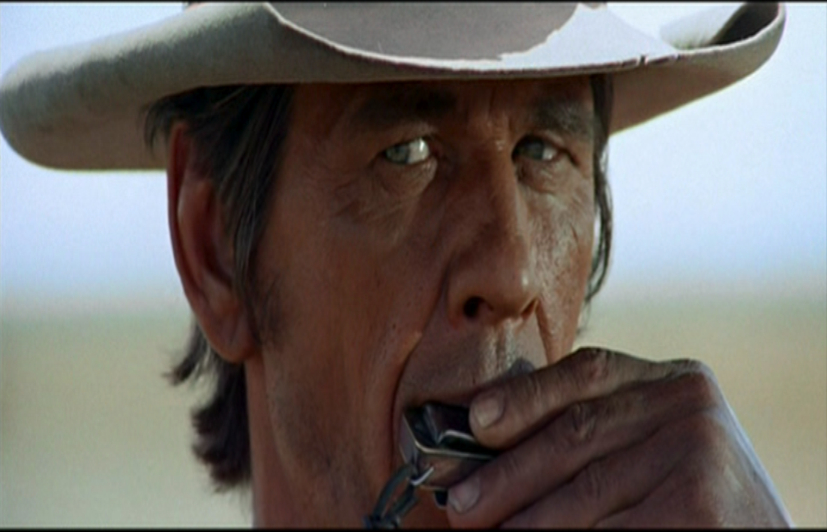Something I have detailed before, in fact it was my very first Identity Dixie article, is finally getting more and more attention from the mainstream: Dixie, long know for her religiosity, is on the cusp of a massive period of secularization, one that could rival the Quiet Revolution in Quebec in the 1960s, or a similar social shift in Ireland that began in the mid-1990s and was completed in 2017. To comprehend this is quite shocking. Quebec used to be, far and away, the most conservative province in Canada and one of the most conservative parts of North America. Today, it has been pushing Canada to the Left for decades. In 1980s Ireland, divorce was not merely illegal, but unconstitutional. Abortion was also unconstitutional, and it was in the 1980s that two-thirds of the Irish nation would rally to make it enshrined in their constitution, thus enforcing an earlier law and making sure that nothing like Roe v Wade could ever happen in Ireland. Divorce is legal in today’s Ireland and Ireland became the first nation to legalize homosexual marriage via the popular vote. Meanwhile, around two-thirds of the Irish people recently voted to legalize abortion in their own land.
I fear Dixie is nearing that same cultural shift. While it would be easy to blame an increased influx of Yankees and others (and they are certainly partly to blame), much of this is also coming from within. Think of all the native Dixian families that have at least one child and have turned their back on Christianity (or embraced open heresy) and their nation. The loss of her religiosity would mean Dixie would be less distinct and conservative, allowing globalists to do even more of what they please. Remember, the only reason the U.S. does not already look like modern Canada, the UK, or Sweden is because the enemy could never figure out how to break Dixie. A people convinced God is on their side cannot be broken – as much as I dislike Islam, the Taliban is an example of this.
Secularization has hit almost every Western nation hard since the 1960s, even those that were infamous for their religiosity well into the 1990s like Ireland, Spain or Italy. Sweden was once thought of as a devout and hardnosed Lutheran society as recently as the 1950s (within living memory). The nations that can be considered as “Christian” in any serious sense are few and far between, and almost all of them were once behind the Iron Curtain. The bitter taste of communism taught them well. Dixie was/is the exception here, but how much longer she can hold out is up for debate. And, it is looking bleaker and bleaker.
However, there is a silver lining to the secularization that has spread rapidly throughout the West since the 1960s – it will eventually produce a higher caliber of pastor. I strongly support public pronouncements of the faith and think it is important that a society honors Christianity. But there is a problem in that, over the long run it means a lot of men enter the clergy that should not be there. They are doing so for the social prestige. Additionally, these faithless men, as long as there are enough of them, weaken the faith of the nation as a whole. Conversely, if secularization has a silver lining it is this: when there is little to no social benefit to enter the clergy, those that do will do so for the glory of God and God alone. From these faithful, albeit now fewer in number, the faith can be restored to the nation. Such a process can take a long time, but there is light at the end of the tunnel.
Think back to The Exorcist. Back in the early 1970s, The Exorcist told the story of two priests. One was older, faithful, and hardnosed. The other priest was younger, full of doubt, and largely became a priest to make his mother happy. The Exorcist accurately predicted what would happen in the wake of Vatican II. If The Exorcist were made today, at least if it was made correctly, the roles of the two priests would be reversed. The older priest would be weak and openly doubt the literal existence of demons. The younger priest would be full of zeal and not a single doubt of the reality of demons would enter his mind. Fr. Karras of today wouldn’t bother with the priesthood. A younger man, there because of his love for God and with strong Dissident Right political beliefs, would be there instead.
Because of the rapidness of secularization in the West since the end of World War II, it is customary to think of it as a linear process. The truth is far more complicated; in reality, there is an ebb and flow. Ireland did not attain the reputation of being fanatically religious until the Great Famine. This is also why nations like Poland, Hungary, Russia, and Romania are doing well, they know what it is like to be under the thumb of atheistic Marxism. Hardships bring a nation closer to God. So yes, if Dixie is set to undergo an Irish-style cultural revolution, it will be bad, very bad. We will see even more of what we love destroyed. It will mean hard times.
Again, there is light at the end of the tunnel. Those hard times, eventually, will bring a nation back to God. We are beginning to see the stirrings of this in France (of all nations). If hard times come, they will pass. Nothing lasts forever. Then comes the rebuild, and in this rebuild Christianity will be necessary. Devoid of increased social stature, the clergy that remains for the rebuild will be in it for God and the South. Not because they want to make money, and not to make their mothers happy. But, because they love their faith and their country.
Those are the men that built the West, and those are the men that can rebuild the West.







There is a real polarization going on in the “conservative “ churches, one that is bringing distinctions comparable to the liberalism of the Main Line denominations from the 1960’s.
God is calling the faithful and giving them courage.
Days ahead may be dark, but they will be the days that we see the hand of God among his true church.
I’ve yet to read a dud article by Harmonica. Keep them com’n, Sir.